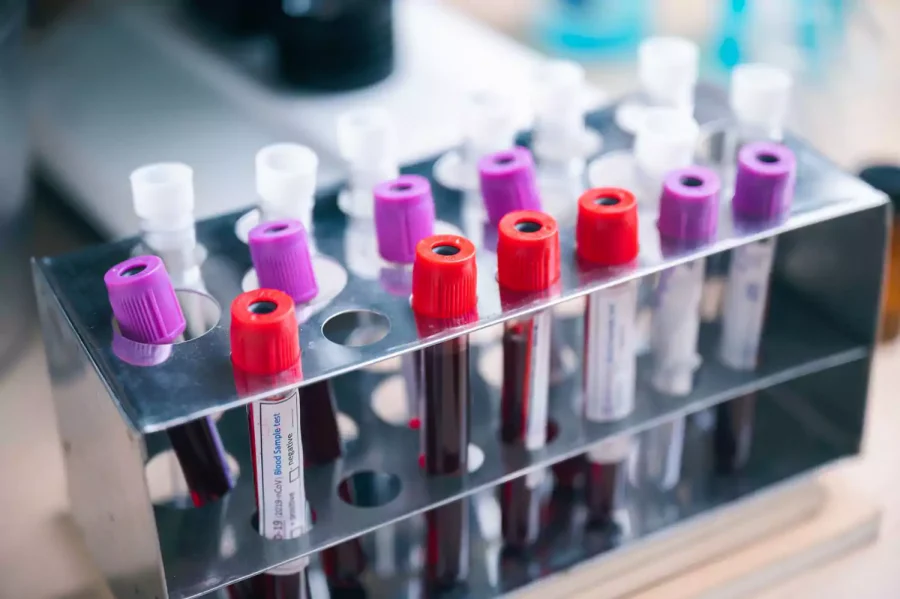Not that having one’s blood drawn is the most pleasing experience either. However, for those who dislike the home stool test, there’s now evidence a new blood test might be just as effective as that stool test.
Both are about 83 percent accurate, according to a new study published in the New England Journal of Medicine.
Researchers note that number applies to people of average risk who are not experiencing symptoms. The percentage is also lower than the accuracy of colonoscopies.
“The results of the study are a promising step toward developing more convenient tools to detect colorectal cancer early while it is more easily treated,” said Dr. William Grady, a study author and a gastroenterologist at Fred Hutchinson Cancer Center in Seattle, in a statement. “The test, which has an accuracy rate for colon cancer detection similar to stool tests used for early detection of cancer, could offer an alternative for patients who may otherwise decline current screening options.”
The new findings were the result of the ECLIPSE study, a multisite clinical trial that looked at test results of nearly 8,000 people, ages 45 to 84.
The ECLIPSE study compared colonoscopies – which are currently considered the best way to detect colon cancer – to the Guardant’s Shield blood test.
The shield test detects colorectal cancer signals in blood DNA shed by tumors, something called circulating tumor DNA (ctDNA). That measurement is also used in liquid biopsy tests used in monitoring for cancer recurrence in people who have already had cancer. It’s also used for other emerging cancer screening tests, the authors noted.
Of the 7,861 people looked at by researchers, 83% of participants with colorectal cancer confirmed by a colonoscopy had a positive blood test for ctDNA while 17% had a negative test. The latter group had colorectal cancer as confirmed by biopsy but not the ctDNA test.
The test was most sensitive for colorectal cancers, including early stage cancers. However, it was less sensitive for advanced precancerous lesions, which carry a risk that they can later become cancer.
The dangers of colorectal cancer
“Colorectal cancer is common and very preventable with screening, but only about 50 percent to 60 percent of people who are eligible for screening actually take those tests,” said Grady, who is also the medical director of Fred Hutchinson’s Gastrointestinal Cancer Prevention Program.










